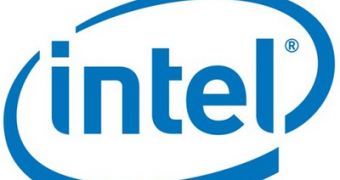For years, ARM and Intel have been yearning for a means to beat the other on their own turf, and it seems that the recent developments on the IT market have caused this so-called rivalry to escalate to new heights.
ARM and Intel have practically been operating in different areas for quite a few years now.
On the one hand, Intel (plus competitor AMD) and its x86 processor architecture have held a firm hold over the computer and enterprise market, plus the HPC, because its chips are simply much more powerful than ARM ones.
Meanwhile, ARM has had a monopoly over the mobile segment, with practically every smartphone or handset using a chip based on this architecture. Power efficiency is the main asset.
Now, however, ARM chips of 1 GHz or even 1.5 GHz have been revealed, while Intel's Oak Trail is said to have come quite close to matching ARM's small power draw.
Basically, tablets have blurred the line and ARM is even considering server processors, while Intel's Medfield is an SoC set to debut lather this year and built on the 32nm manufacturing process.
Most recently, Intel was bold enough to say it would manage to eventually overcome ARM altogether by eventually going beyond just matching its own portfolio.
"As we have done for decades in the traditional computing markets, we will apply the world's most advanced silicon transistor technology to these new [mobile] segments [where ARM is gaining presence] to deliver the lowest power, highest performance, lowest cost products on the planet,” said Paul Otellini, chief executive of Intel Corp.
“When these chips are combined with our support for the world's leading mobile operating systems, our proven ability to create broad ecosystem support and our growing software capabilities, I am confident we will be very successful in these segments," he added.
Of course, whether or not this goal is met will depend on how well ARM does once Microsoft's Windows 8 (which supports it) comes out.

 14 DAY TRIAL //
14 DAY TRIAL //